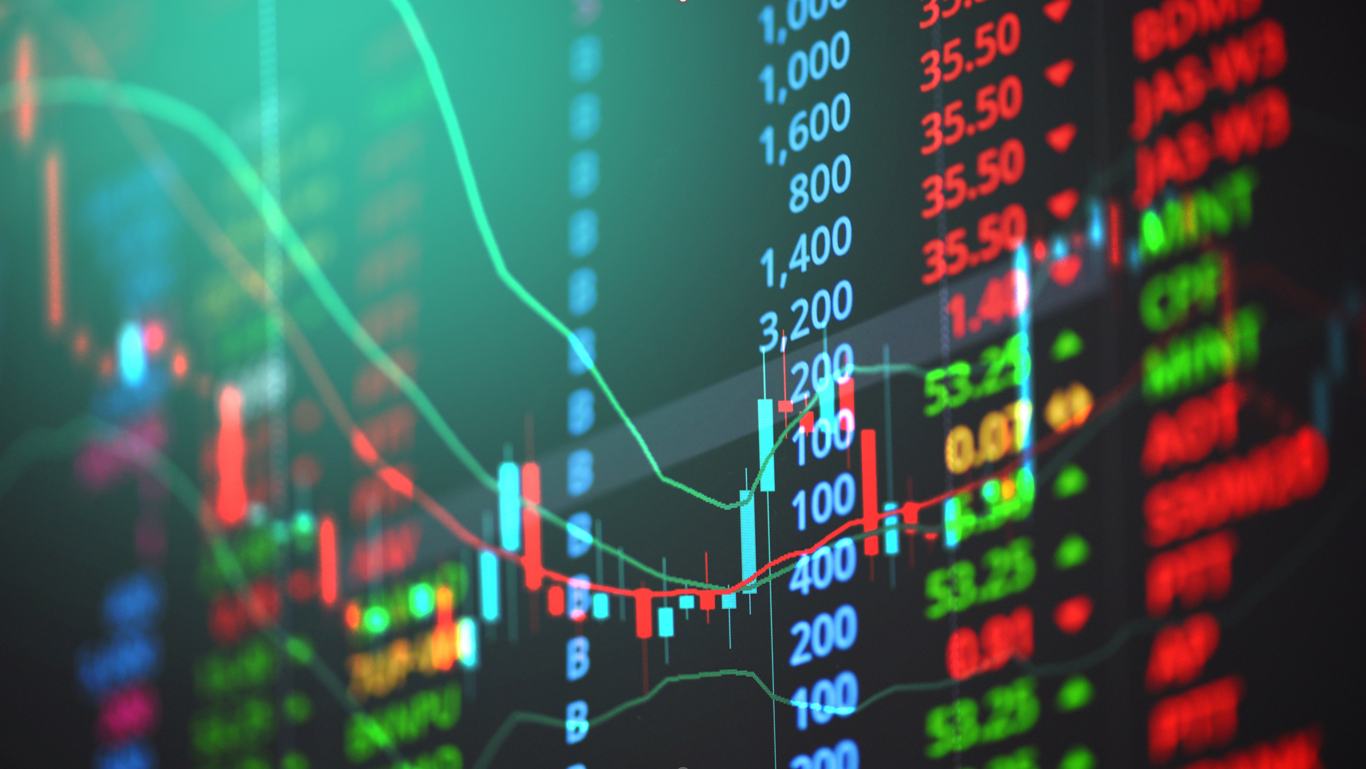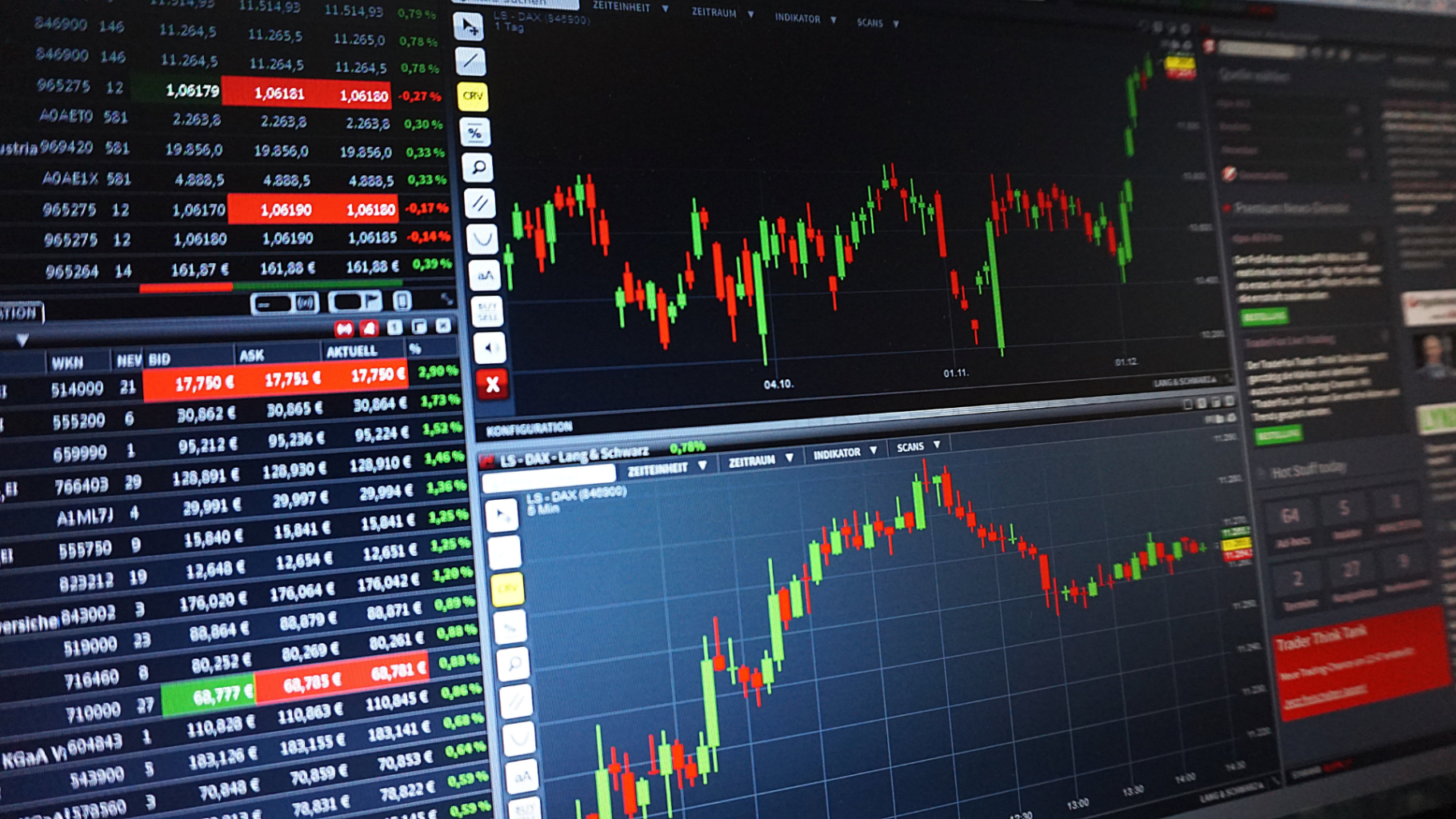
Foreign Exchange Market

Forex, FX, or Foreign Exchange is a global market place for buying and selling the currencies of different countries against each other. Forex is one of the largest global financial markets for trading various currencies.
Operating 24 hours a day, five days a week, the Forex market allows anyone around the globe to engage in currency trading at any time. In the modern age of electronic markets, physical presence at a currency exchange is unnecessary. Buying and selling currencies of a particular country against another country’s currency happens online. Traders open a specific currency position and expect the price to go up or down depending on the market situation. Traders can make a profit from these price movements.
There is no way to trade a currency unilaterally. Trading is a relative process – when someone buys, someone sells. Due to the difference between these transactions, some traders benefit, and others lose money.
Foreign Exchange Working & Its Major Players

A key characteristic of the Forex market is its decentralized nature, meaning there is no single physical location for investors to trade currencies. Market participants, spread across the globe, connect via the internet to trade currencies. Major financial centers such as London, New York, Singapore, Tokyo, Frankfurt, Hong Kong, and Sydney play significant roles in the Foreign Exchange markets.
People who want to trade Forex can’t just start trading real currency pairs because this market is for big players: banks, governments, and financial institutions. To access the currency market, traders choose a Forex broker who connects them with international flows.
Forex trading involves many people and organizations. Some of them trade to make profits. Others trade to hedge their risks. Moreover, some traders use foreign currencies to pay for needed goods and services. However, that’s a real-life example rather than the case for trading.
The leading FX players are the biggest banks like Citi, UBS, Barclays, Deutsche Bank, Goldman Sachs, and Bank of America. These and other banks, collectively known as the interbank market, manage many financial transactions daily.
Commercial giants like Apple, Facebook, and Microsoft also participate in Forex trading, engaging in activities that can influence currency exchange rates. However, the effect is usually weak.
Advantages of Foreign Exchange Market

Accessibility
Accessibility of the foreign exchange markets is constantly expanding, and more people get the chance to try themselves in Forex trading. While big financial institutions represent a big part of Forex traders, online access to the market makes Forex trading profitable for individual traders as well. Moreover, the increased use of trading apps and online brokers makes Forex trading more accessible to people who want long-term and short-term profits.
Market is large and global
Forex is the largest financial market in the world, and in the near future, it won’t give up this title. On average, $6 trillion to $7 trillion is traded daily. Moreover, the Forex market has a huge trading volume. There are so many transactions in Forex, like nowhere else. It’s because Forex provides unrivaled liquidity to traders, who can enter and quit the market in seconds at any time.
Flexibility
Flexibility in the Forex market means that there are no restrictions on the amount of money that can be used in trading. There’s also virtually no market regulation. This, combined with the fact that the markets operates 24/5 creates a very flexible scenario for traders, especially those with permanent jobs. That’s why part-time traders prefer Forex, as it provides a flexible schedule with the least interference in their full-time work.
Transparency
The Forex market is huge and operates across multiple time zones. No country or central bank can control it or manipulate prices for an extended period of time. This makes trading conditions fair and allows individual market players to achieve efficient results. Although information about the Forex market is highly available, some entities may gain short-term benefits due to the time difference or little delay in the information transmission. However, this advantage can’t be maintained over time. Thus, Forex is a truly transparent market where everyone has a chance to profit.
Trading options
Forex provides traders with a wide range of trading options. Traders can trade hundreds of currency pairs . Investors have the opportunity of Contract For Difference (CFD) trading, which allows trading commodities, cryptocurrencies, metals, stocks, and indices. Thus, the Forex market offers an option for any budget and for traders with a different risk appetite.
Transaction costs
Forex creates a favorable environment with transaction costs that are lower than in other markets. The reason is that the Forex market is mainly run by brokers who provide a two-way quote. They reserve the spread for themselves to cover the risks. The spread is measured in points, which is the difference between the sell price and the buy price.
Leverage
A small deposit can go a long way. With leverage, you can “borrow money” from your broker to trade on top of your actual deposited funds. It’s a powerful tool and one of the most attractive features of Forex trading,which gives you increased buying power and can bring big gains, but it also carries the risk of losses. Please ensure you fully understand the risk of trading with leverage before using it. You should trade only the money you can afford to lose.
Disadvantages of Foreign Exchange Market

Counterparty risks
The Forex market is an international market. Thus, the regulation of the Forex market locally is a complex issue as it concerns the sovereign currency of a country. Therefore, the Forex market is less regulated than other financial markets. There’s no single global regulator. There’re only separate governmental and independent institutions in particular regions that supervise Forex trading.For that, it’s necessary to check the company’s age, licenses, and reputation.
Leverage risks
Forex market provides maximum leverage that automatically implies risk. There’s no limit to the number of movements that can occur in the Forex market on a given day. That’s why it’s possible that a person could lose an entire deposit in a matter of minutes using high leverage. Beginner traders are more likely to make these mistakes because they don’t understand the risk that leverage brings.
Operational risks
It’s difficult to keep track of time in Forex trading. The Forex market is open most of the time, and people can’t monitor their open trades constantly. Therefore, traders use algorithms to protect the value of their trades when they are away from the price charts. Alternatively, international firms have sales departments scattered around the globe. If a person doesn’t have knowledge of how to manage positions, Forex trading can result in a significant loss.
Volatility
All markets sometimes experience volatility, and the Forex market isn’t different. Traders hoping for short-term profits may face unexpected extreme volatility that can make their trading strategies unprofitable.
Conclusion

Forex trading offers a unique opportunity for individuals to participate in the dynamic world of currency exchange, from understanding the basics of how the market operates to navigating through the complex landscape of international finance.
As we’ve explored the roles of major players in the market, from banks to individual traders, it’s clear that Forex trading is not just about currency exchange but also about understanding global economic dynamics.
Whether you’re a beginner learning the ropes through demo accounts or a seasoned trader analyzing the global economic landscape, the journey into Forex trading is about continuous learning and adaptation.

